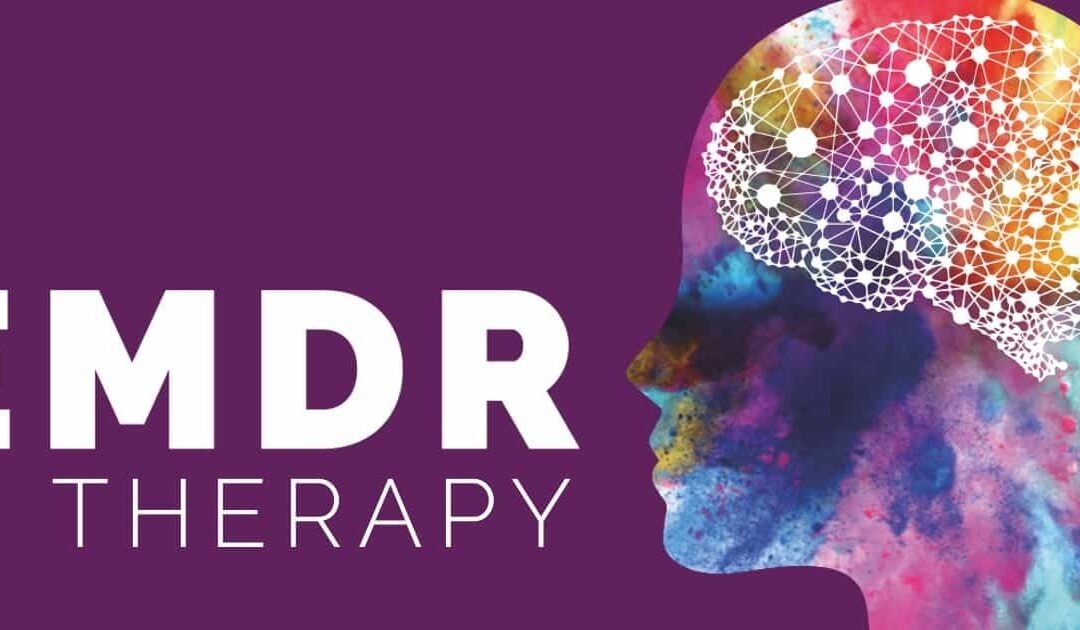For many military veterans, coming home doesn’t always mean the battle is over. While the physical war might be behind them, the mental and emotional scars can linger for years, sometimes decades. PTSD, or Post-Traumatic Stress Disorder, is one of the most common mental health challenges faced by veterans. But there’s hope. One therapy in particular, known as EMDR, has been helping veterans process trauma and reclaim their lives.
With professional EMDR therapy in London, veterans can now gradually get back to normal life.
What is EMDR therapy?
EMDR stands for Eye Movement Desensitisation and Reprocessing. At first glance, it might sound a bit technical—or even strange—but it’s a well-researched and highly effective method for treating trauma.
Rather than just talking about the traumatic event, EMDR helps the brain process distressing memories using a combination of guided eye movements, tapping, or sounds. Think of it as helping your brain “unstick” the painful memory so it can be filed away properly, instead of constantly being replayed or triggering anxiety.
Why does EMDR work so well for veterans?
Military service can expose individuals to incredibly high-stress, life-threatening, and emotionally intense experiences. These experiences can become “frozen” in the brain, leading to symptoms like flashbacks, nightmares, hypervigilance, and emotional numbness.
EMDR therapy is different from many traditional approaches. It doesn’t require veterans to go into detail about their trauma, which can often feel re-traumatising. Instead, it focuses on how the memory is stored in the brain and works to change how it’s experienced.
Veterans often report that EMDR helps them feel more in control, less reactive, and better able to live in the present, rather than being stuck in the past.
Real results without endless talking
One of the biggest advantages of EMDR is that it often works more quickly than traditional talk therapy. While every person’s journey is unique, some veterans see noticeable improvement in just a few sessions.
It’s important to note that EMDR isn’t a magic fix. It requires commitment, a qualified therapist, and sometimes a bit of patience. But for many veterans, it’s been life-changing.
What to expect in an EMDR session?
In a typical EMDR session, the therapist will guide you to bring a distressing memory to mind while simultaneously directing your attention to bilateral stimulation—this could be moving your eyes side to side, or listening to alternating tones. The goal is to help your brain reprocess the memory in a healthier way.
Over time, the memory becomes less distressing, and the emotions tied to it lose their overwhelming power.
Is EMDR right for you or a loved one?
If you’re a veteran struggling with the weight of past experiences, EMDR therapy could be worth exploring. It’s not about forgetting what happened; it’s about finding a way to live well despite it.
The healing journey can be tough, but with the right support, it’s possible. Book your appointment with Engi Psychology Ltd for specialised psychology services. We have extensive experience in offering customised consultancy to all our patients.

